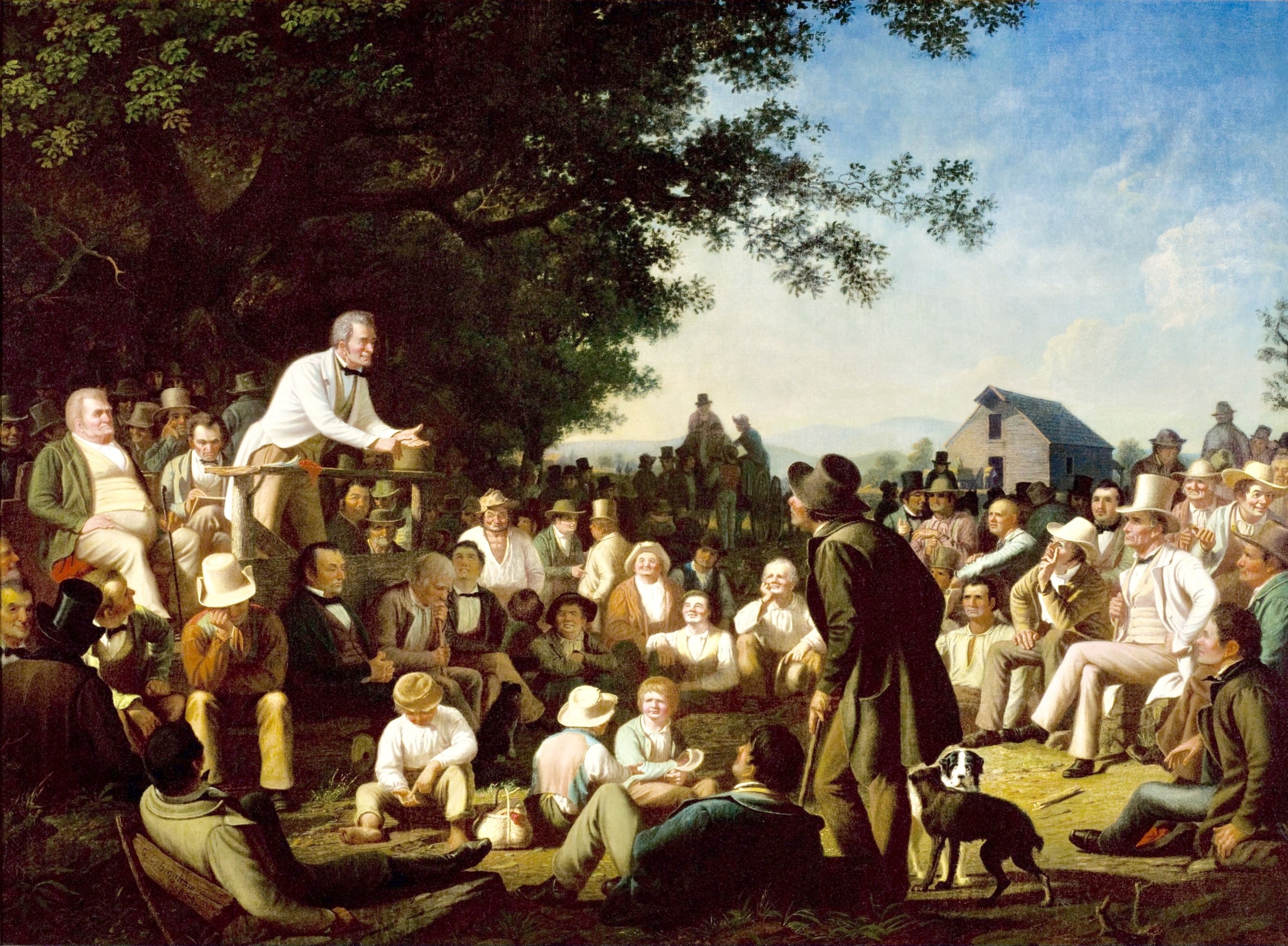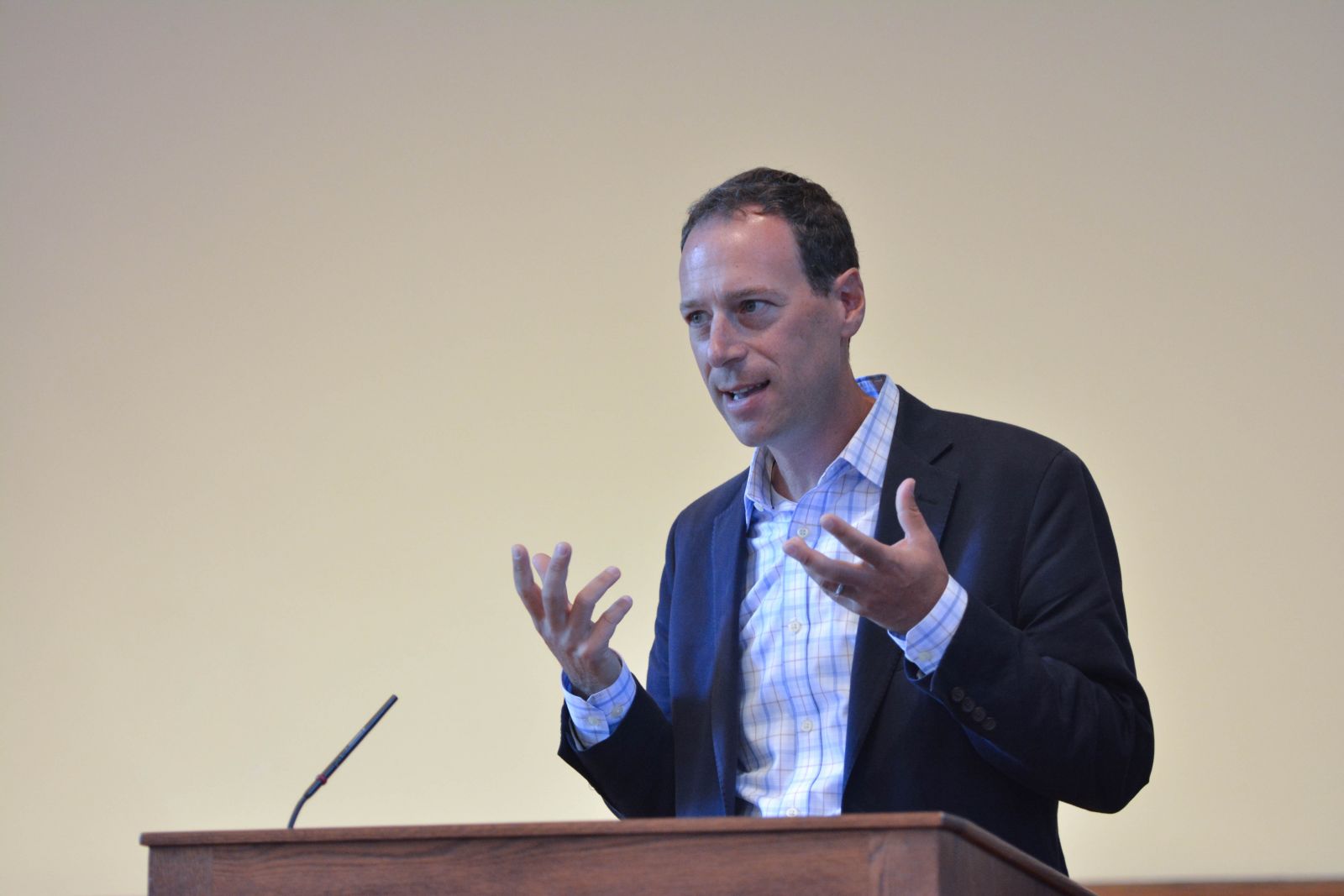HUMS 302, Demogoguery and Democracy

Course Description:
Democracies have always produced popular leaders. What sorts of popular leadership do democracies need to function well, and what sorts pose a danger to them? When is a leader’s claim to speak for the people justified, and when is it a ploy to gain power? Can the special authority of a popular leader be made consistent with democracy’s principled commitment to equality? Can democratic principles be made effective without the special powers of gifted leaders? When does popular leadership threaten to devolve into tyranny? What is the relationship between demagoguery and populism?
This seminar will explore these and related questions as they arise in appropriate texts from the history of political thought, reflections on constitutional government, and literature. Starting with depictions of demagoguery in the Hebrew Bible and ancient Athens, the course then moves to Plato and Thomas Hobbes before turning to the efforts to tame demagoguery through constitutions in post-revolutionary United States and France. The final weeks of the course turn to distinctly modern aspects of democratic life, moving from Max Weber and Woodrow Wilson early in the twentieth-century to recent efforts to understand the effects of social media and populism early in the twenty-first century.
The course will accept up to fourteen students. Please apply for pre-registration through the political science department between August 7th and 12th. Students will be notified of their acceptance no later than August 14th. Admitted students should then confirm their attendance as soon as possible after the course selection period opens on August 17th. To access the PLSC 303/HUMS 302 pre-registration application, students must copy and paste this link: https://forms.office.com/Pages/ResponsePage.aspx?id=u76M3Tkh-E20EU4-h6vr…
Led by:
 |
Professor Bryan Garsten is a Professor of Political Science and the Humanities, and Chair of the Humanities Program. He is the author of Saving Persuasion: A Defense of Rhetoric and Judgment as well as articles on political rhetoric and deliberation, the meaning of representative government, the relationship of politics and religion, and the place of emotions in political life. Garsten is now finishing a book called The Heart of a Heartless World that examines the ethical, political and religious core of early nineteenth century liberalism in the United States and France. He has also edited Rousseau, the Enlightenment, and Their Legacies, a collection of essays by the Rousseau scholar Robert Wokler |